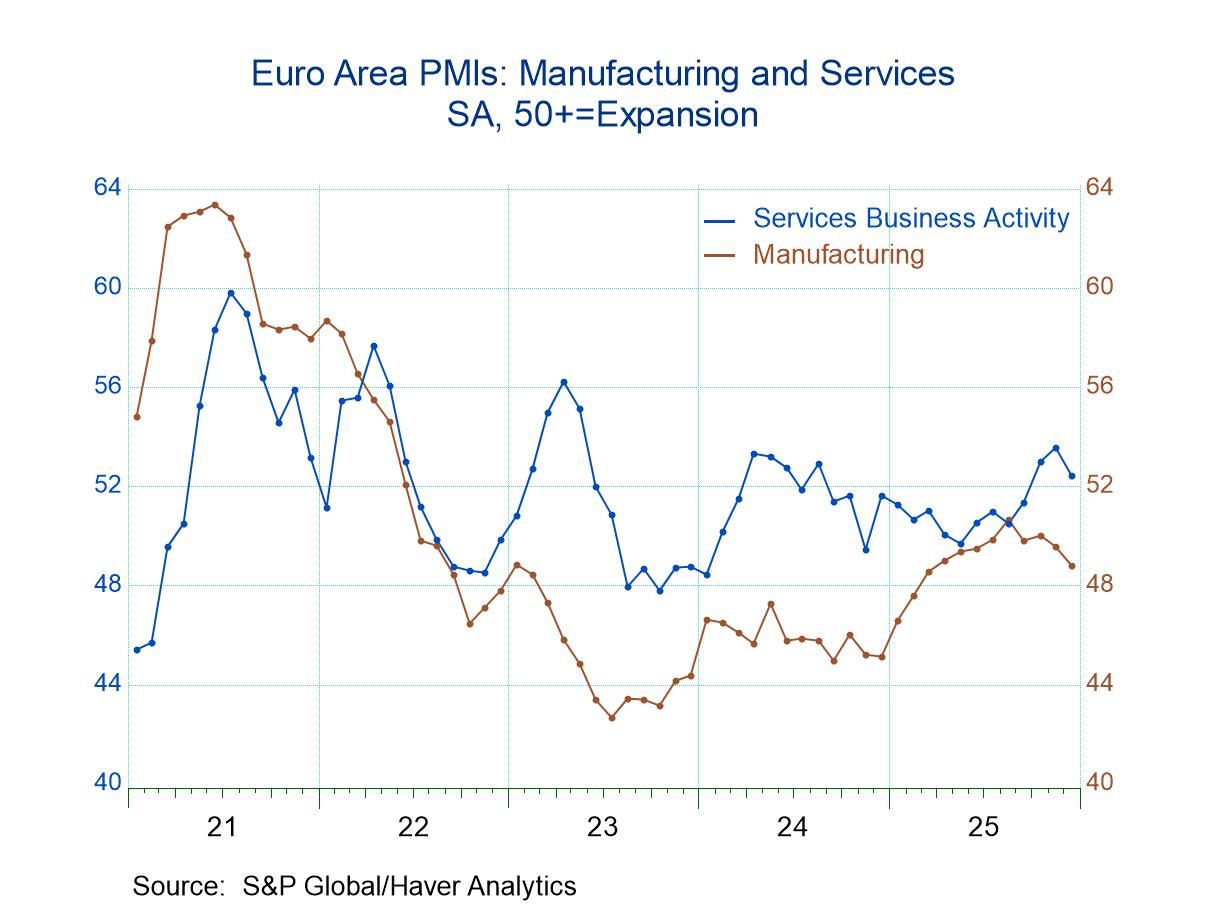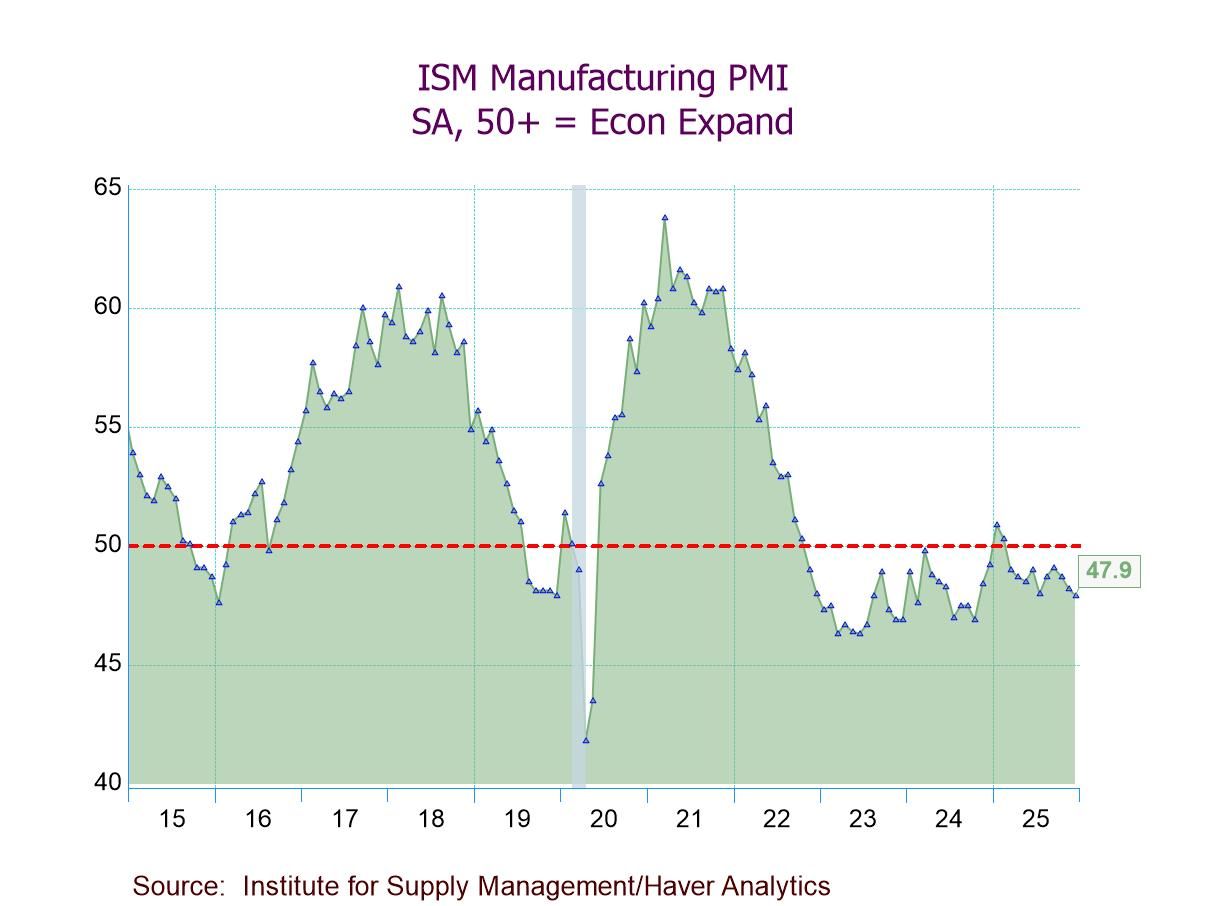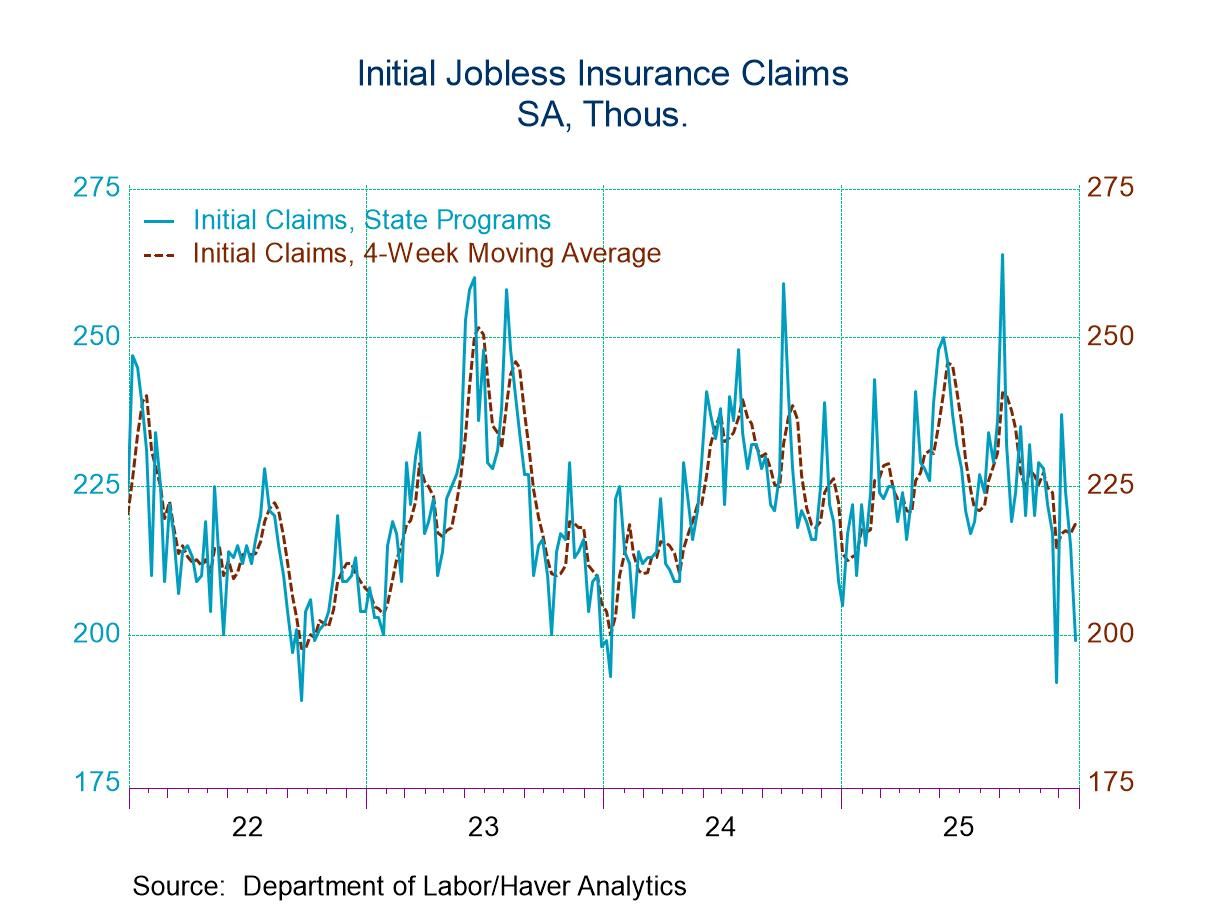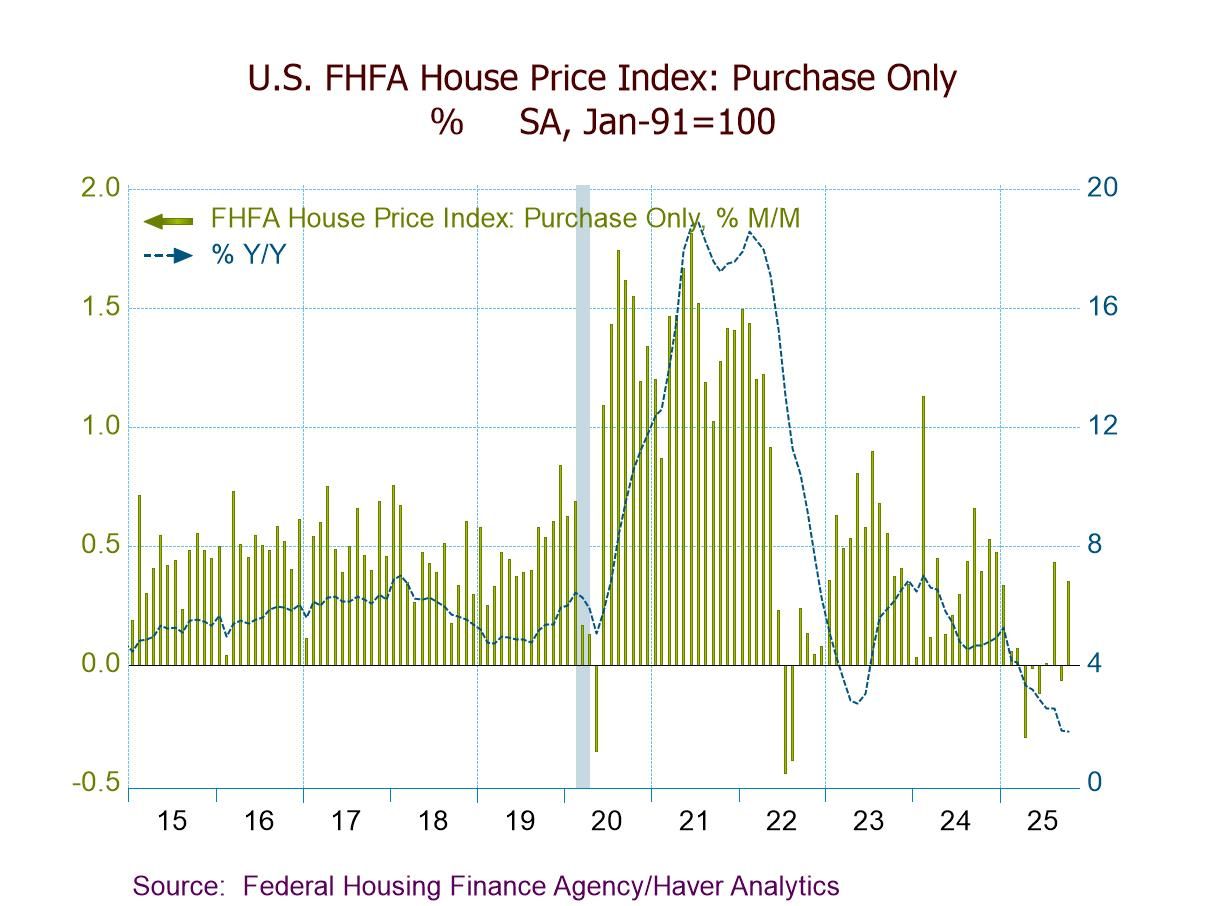Chicago Fed National Activity Index decreases in July
Summary
- Weaker trend sets in.
- Three categories made negative contributions in July.


The Chicago Federal Reserve Bank reported that its National Activity Index (CFNAI) decreased to -0.34 in July from -0.09 in June, revised from 0.05. The recent high of +0.35 was reached in February. The three-month moving average of the index remained unchanged in July at -0.06. During the last 20 years, there has been a 91% correlation between the three-month index level and the q/q change in real GDP.
The report stated that of the four broad categories of indicators used to construct the index decreased from June, and three categories made negative contributions in July. The Production & Income category contributed -0.28 in July, down from -0.02 in June. It remained up from a January low of -0.49. The Employment, Unemployment & Hours series contributed -0.08 from -0.02 in June. It has been trending sideways for a year. The Sales, Orders and Inventories measure was -0.01 in July, a slight improvement from -0.02 in June. It remained higher than the January low of -0.27. The Personal Consumption & Housing series’ contribution was +0.03 last month from -0.02 in June and the highest this year.
The diffusion index of the CFNAI, which measures the breadth of component change, increased to -0.11 in July from -0.13 in June and remained above the low of -0.32 registered in October of last year.
The CFNAI is a weighted average of 85 monthly indicators of national economic activity. It is constructed to have an average value of zero and a standard deviation of one. Since economic activity tends toward trend growth rate over time, a positive index reading corresponds to growth above trend and a negative index reading corresponds to growth below trend.
These figures are available in Haver's SURVEYS database.
Kathleen Stephansen, CBE
AuthorMore in Author Profile »Kathleen Stephansen is a Senior Economist for Haver Analytics and an Independent Trustee for the EQAT/VIP/1290 Trust Funds, encompassing the US mutual funds sponsored by the Equitable Life Insurance Company. She is a former Chief Economist of Huawei Technologies USA, Senior Economic Advisor to the Boston Consulting Group, Chief Economist of the American International Group (AIG) and AIG Asset Management’s Senior Strategist and Global Head of Sovereign Research. Prior to joining AIG in 2010, Kathleen held various positions as Chief Economist or Head of Global Research at Aladdin Capital Holdings, Credit Suisse and Donaldson, Lufkin and Jenrette Securities Corporation.
Kathleen serves on the boards of the Global Interdependence Center (GIC), as Vice-Chair of the GIC College of Central Bankers, is the Treasurer for Economists for Peace and Security (EPS) and is a former board member of the National Association of Business Economics (NABE). She is a member of Chatham House and the Economic Club of New York. She holds an undergraduate degree in economics from the Universite Catholique de Louvain and graduate degrees in economics from the University of New Hampshire (MA) and the London School of Economics (PhD abd).




 Global
Global

